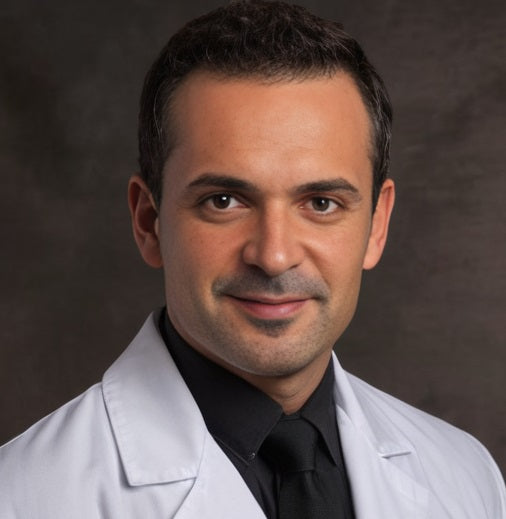Pregnancy comes with many questions, and if you’ve been diagnosed with human papillomavirus (HPV) or are concerned about it, you’re not alone. HPV is one of the most common sexually transmitted infections, affecting millions of people worldwide. But what does this mean for your pregnancy and your baby?
In this guide, we’ll break down everything you need to know about HPV during pregnancy, including its risks, treatment options, and what to expect during labor and delivery.
Delay major treatments for precancerous lesions until after birth.
Treat genital warts cautiously, using safe options like cryotherapy (freezing) or laser therapy if necessary.
Discuss delivery options if genital warts are severe. Most women with HPV do not need a C-section unless warts physically obstruct the birth canal.

What Is HPV?
Human papillomavirus (HPV) is a group of more than 100 related viruses, some of which can cause genital warts and certain types of cancer, including cervical cancer. HPV is incredibly common—most sexually active people will contract it at some point in their lives. In many cases, the body clears the infection on its own without causing any health problems. During pregnancy, the main concerns with HPV are:- Cervical health – Some HPV strains can lead to abnormal cervical cell changes, detected through Pap smears.
- Genital warts – Certain HPV types cause warts that may grow or multiply due to pregnancy-related hormonal changes.
- Transmission to baby – Although rare, HPV can be passed to the baby during delivery.
Does HPV Affect Pregnancy?
Most women with HPV have healthy pregnancies and deliveries. However, in some cases, HPV-related conditions can cause complications.1. Cervical Changes and Pregnancy
If you have abnormal Pap smear results due to HPV, your doctor may monitor you closely during pregnancy. While HPV itself doesn’t harm the baby, severe cervical changes (such as precancerous lesions) may require treatment. In most cases, procedures like colposcopy or biopsy can be safely performed during pregnancy, but major treatments are usually postponed until after delivery.2. Genital Warts and Pregnancy
Pregnancy hormones can cause genital warts to:- Grow larger
- Multiply
- Bleed more easily
3. Passing HPV to Your Baby
The risk of passing HPV to your baby is very low. In extremely rare cases, a baby exposed to HPV during birth may develop a condition called recurrent respiratory papillomatosis (RRP), where warts form in the throat. However, this is uncommon, and most babies born to mothers with HPV are completely healthy.How Is HPV Managed During Pregnancy?
If you’re pregnant and have HPV, your doctor will likely: Monitor your cervix through Pap smears or colposcopy.Delay major treatments for precancerous lesions until after birth.
Treat genital warts cautiously, using safe options like cryotherapy (freezing) or laser therapy if necessary.
Discuss delivery options if genital warts are severe. Most women with HPV do not need a C-section unless warts physically obstruct the birth canal.
Can I Prevent HPV Complications?
While you can’t cure HPV, you can take steps to protect your health during pregnancy:- Attend all prenatal checkups – Regular monitoring ensures any issues are detected early.
- Eat a healthy diet – A strong immune system helps your body fight HPV naturally.
- Practice safe sex – If your partner is uninfected, using condoms may reduce transmission.
- Get the HPV vaccine (if applicable) – While the HPV vaccine is not recommended during pregnancy, it can protect against future infections if taken before pregnancy.
Will HPV Affect My Baby After Birth?
In nearly all cases, babies born to mothers with HPV are healthy and unaffected. If you have concerns, talk to your pediatrician, but serious complications are extremely rare.Final Thoughts: Stay Informed, Stay Empowered
If you have HPV, don’t panic—it’s very common, and most cases don’t cause problems during pregnancy. With proper monitoring and care, you can have a healthy pregnancy and a safe delivery.Remember, your doctor is your best resource for personalized advice. Keep up with your prenatal visits, take care of your body, and focus on the exciting journey ahead—welcoming your little one into the world!

Content Reviewed by Dr V.
Learn MoreDr. Vaheh Shirvanian, a family medicine physician and father. With over 17 years of experience, he specializes in inpatient acute hospital care, outpatient family medicine, urgent care, emergency medicine, and hospice care. Dr. V is passionate about guiding new parents through the challenges and joys of parenthood, offering compassionate and expert support at every step.
Tags:








